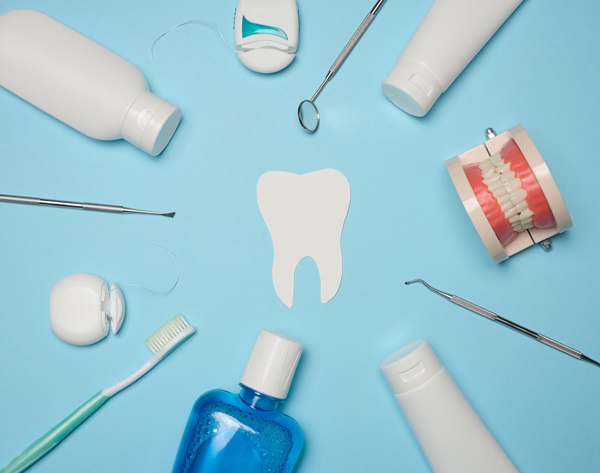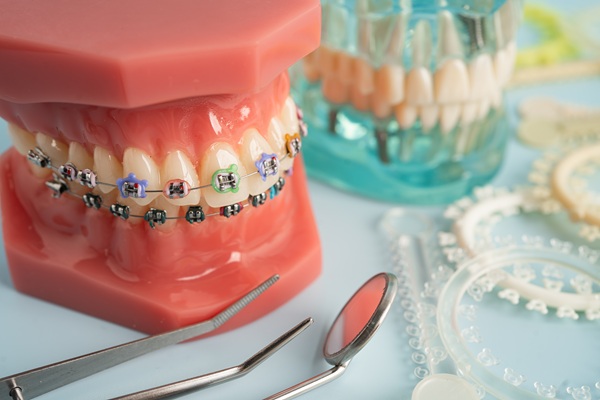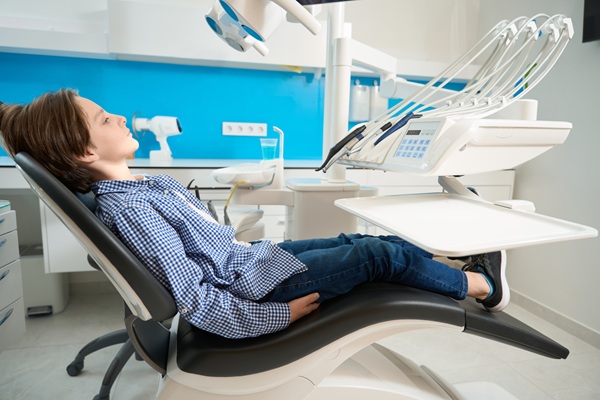When it comes to maintaining your overall health, your teeth — and oral health — should also be one of your top priorities.
Although our adult teeth are already considered permanent teeth, it doesn’t mean we can already do whatever we want with them without having to take care of them. This means that should anything happen to them, such as decay or accidents that cause them to be removed or pulled out, no new teeth will be growing to take their place anymore.
Because of this, it is important that we should take care of our current set of teeth because it is all we have.
With this, our team at Bellevue Hill Dental believes that good oral hygiene practices are the best way to make sure your teeth and gums stay in optimal health. With our team of dentists and professionals in the dental field, we’ve compiled a few recommendations on how to keep your teeth and gums healthy with just a few home-care tips and lifestyle changes.
Let’s dive right in!
Best At Home Practices For Your Teeth and Gums
1. Brush Your Teeth Twice a Day
One of the simplest yet most effective ways to keep your teeth healthy is to brush them twice a day. Brushing removes plaque, food particles, and bacteria that can lead to tooth decay and gum disease.
To make sure you are brushing effectively, you can follow these instructions:
- Use a soft-bristled toothbrush and fluoride toothpaste.
- Brush for at least two minutes, ensuring you clean all surfaces of your teeth.
- Hold your toothbrush at a 45-degree angle to your gums and use gentle, circular motions.
Brushing consistently in the morning and before bed can significantly improve your oral health.
2. Floss Daily
While brushing teeth is considered mandatory, which most of us do at least once or twice a day, some people still disregard the importance of flossing.
Unfortunately, brushing your teeth doesn’t immediately mean that you have cleansed every nook and cranny in your mouth—there’s always a part (usually between the teeth) that our toothbrush cannot reach. This is where flossing comes in. Flossing removes plaque and food particles that get stuck between your teeth and below the gum line, areas your toothbrush can’t reach.
To make sure you are flossing all the relevant areas, here’s what you should do:
- Floss at least once a day, preferably before bedtime.
- Use a gentle sawing motion to avoid damaging your gums.
- Consider using floss picks or water flossers if traditional flossing is difficult.
Flossing regularly prevents plaque buildup and reduces your risk of gum disease and cavities between your teeth.
Read: Do I Need Dental Braces: 7 Reasons Why You Need Them
3. Use Mouthwash for Extra Protection
Mouthwash can be a great addition to your daily oral hygiene routine. It helps kill bacteria, freshen your breath, and protect against cavities and gum disease.
Here’s how to find the right mouthwash for your oral needs:
- Look for a mouthwash with fluoride to strengthen your teeth and reduce decay.
- Choose an antibacterial mouthwash to help control plaque and prevent gingivitis.
- Avoid alcohol-based mouthwashes if you experience dry mouth.
Rinsing with mouthwash after brushing and flossing may enhance your oral hygiene efforts.
4. Eat a Balanced Diet for Healthy Teeth
Your diet plays a crucial role in maintaining healthy teeth and gums. Eating a balanced diet rich in vitamins and minerals helps keep your teeth strong and your gums healthy.
Foods to include:
- Calcium-rich foods like dairy, leafy greens, and almonds help strengthen your teeth.
- Vitamin C-rich fruits and vegetables like oranges, strawberries, and broccoli promote healthy gums.
- Crunchy fruits and vegetables like apples and carrots stimulate saliva production, which helps cleanse your mouth naturally.
Foods to avoid:
- Sugary foods and drinks can lead to tooth decay.
- Acidic foods and beverages, such as citrus fruits and soda, can erode enamel over time.
- Sticky foods, like dried fruits and candy, can cling to your teeth and promote plaque buildup.
Remember, a balanced diet benefits not only your overall health but also your dental health.
5. Don’t Skip Dental Checkups
Aside from the steps you do at home, getting regular dental checkups are key to keeping your teeth and gums healthy for as long as possible.
During these appointments, your dentist can spot any problems early and offer treatments to prevent more serious issues from developing later on.
What to expect during dental checkups:
- Professional cleanings to remove plaque and tartar buildup.
- A thorough examination to detect cavities, gum disease, or oral cancer.
- X-rays if needed to check for hidden issues, such as tooth decay between teeth or bone loss.
Your dentist may also offer personalised advice on how to improve your oral hygiene routine. Because of that, we recommend visiting your dentist at least twice a year for optimal oral health.
Read Next: Is Composite Bonding an Effective Way to Restore Your Smile?
Get the Right Care for Your Teeth and Gums
The bottom line is when it comes to your overall health, your oral health should not be overlooked. Your teeth and gums play an important role in your well-being, and following our dentists’ recommendations and best practices can help make sure that your teeth and gums stay in optimal health.
With a proactive approach to dental care, you can prevent cavities, gum disease, and other oral health problems, ensuring your smile remains bright and healthy for years to come.
If you’re looking for a reliable partner to help with your oral health, our team at Bellevue Hill Dental specialises in providing tailored care that fits your unique needs. See our wide range of services here and let’s begin your dental journey today!
Book a consultation now or call our line at (02) 9158 1530 and get the right care for your oral health.



